Red Meat - In The News
The safety of Red meat is in the news, again. Health concerns about red meat, along with processed or grilled meats is brought up periodically. Now the World Health Organization (WHO) is weighing in -
As an organic meat producer I believe our farm is distinctly different; Organic, grass- fed beef is healthy. The practice of MIG grazing improves meat quality, restores the environment, and is beneficial to the life-cycle of livestock, crops, and soil. Quality is more important than yield.
A customer shared this podcast from WGN Radio in Chicago. The guest, Dr. Michael Fenster is a cardiologist and chef. This doctor highlighted interesting issues and omissions in the latest study. Some of these include:
Antibiotic use in animal feed
Dying gut bacteria
Grass-fed, grass-finished beef
Heritage breeds of pastured hogs
Artificial additives in food
Genetically engineered crops and Glyphosate
Hormones in meat
Safe Food Labeling; House Resolution 1599
and much more...
The connection between healthy food and overall health continues to grow. Our herd continues to grow, too. The steers are sold out for this year. In January we'll start taking orders again. The details will be posted in the January newsletter.

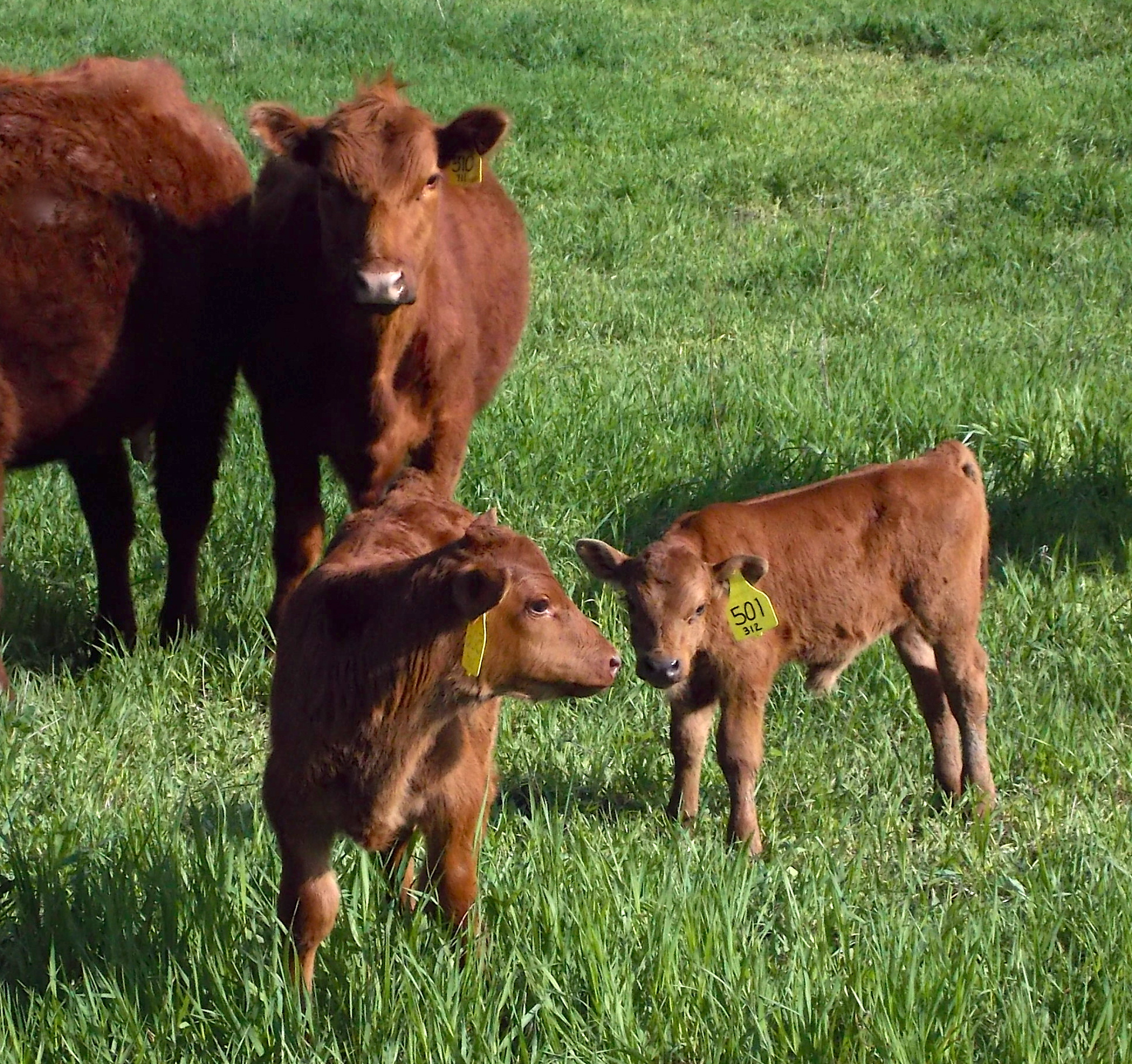
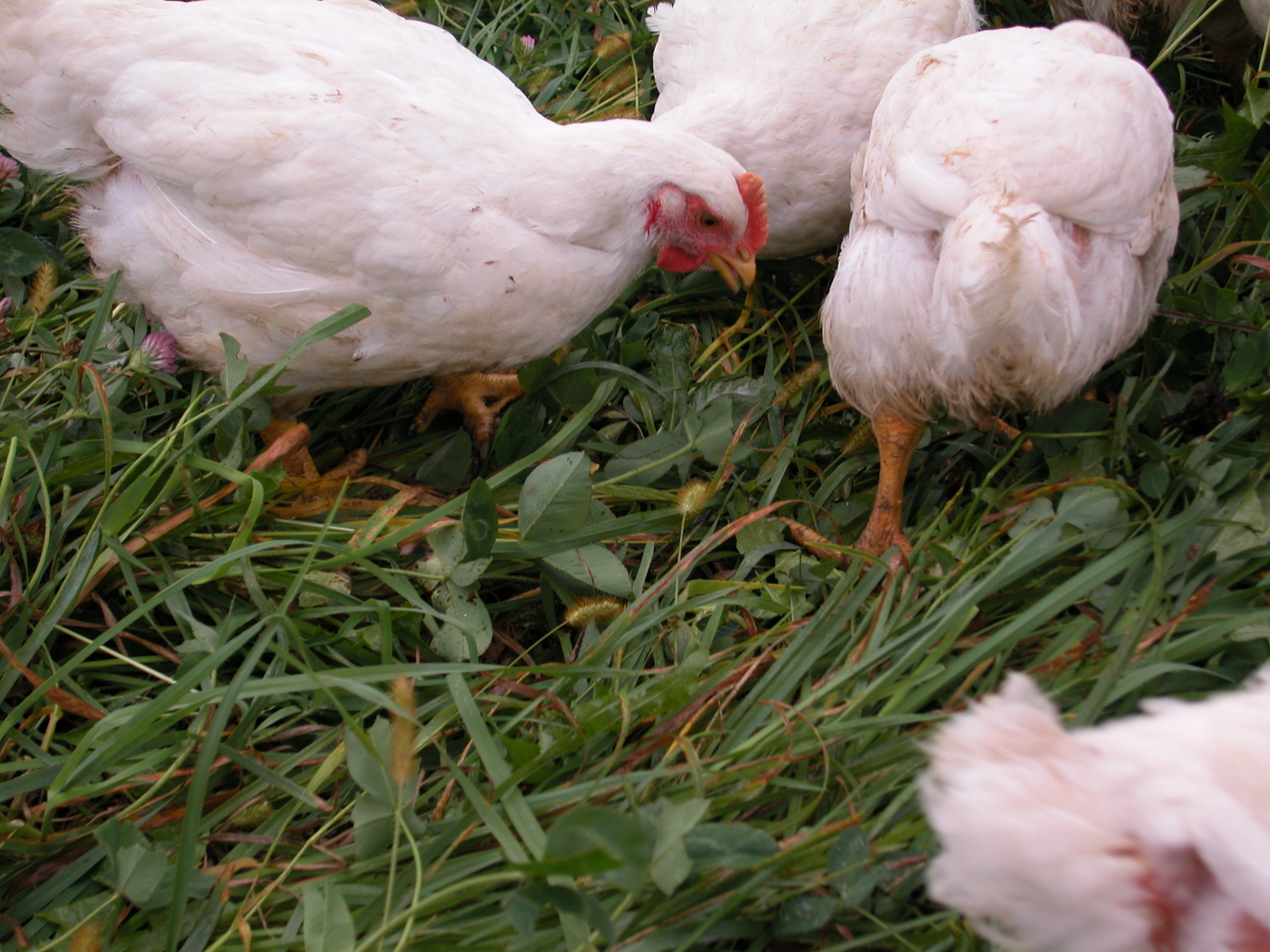
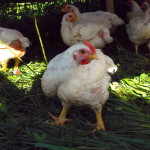
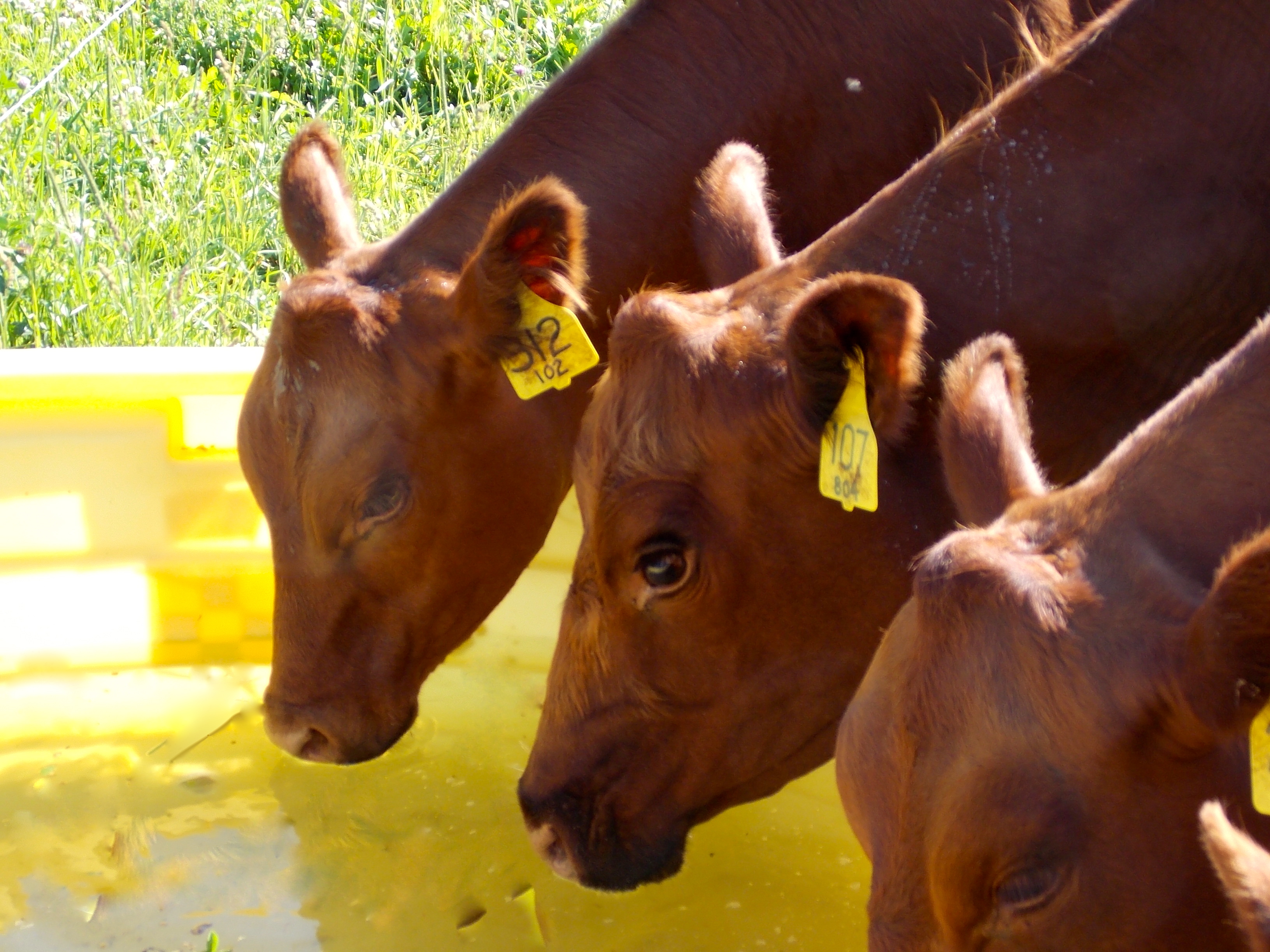
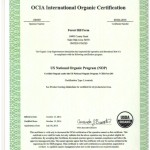
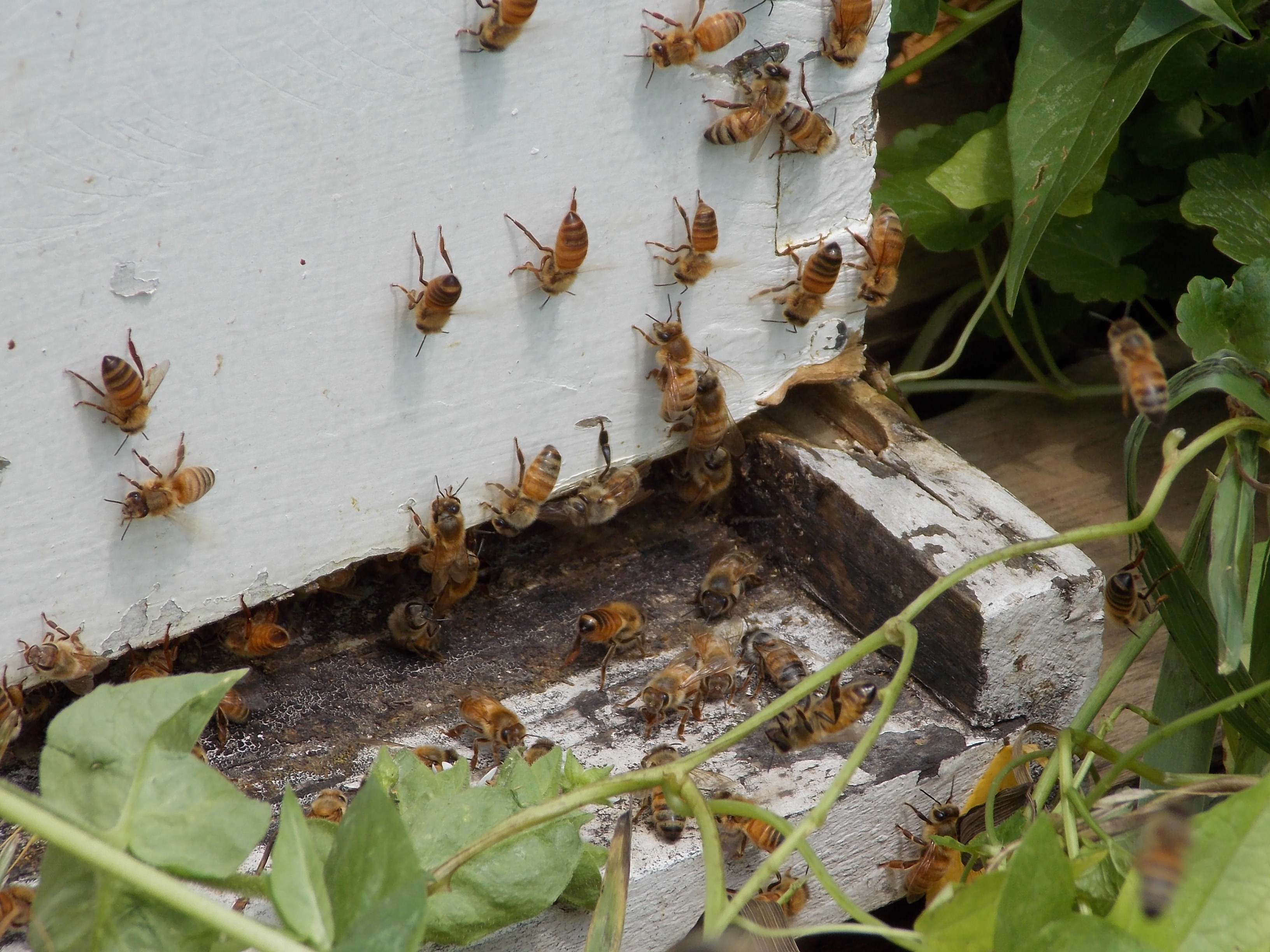
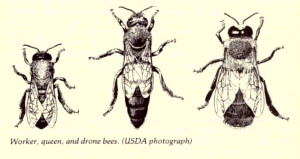 Death to the Drones!
Death to the Drones!